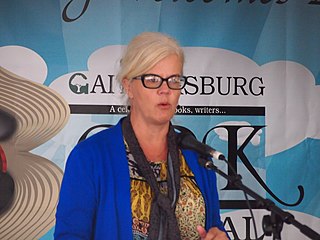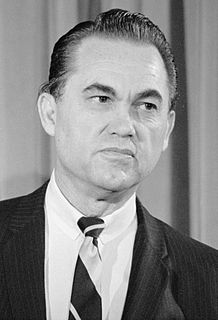A Quote by Michelle Alexander
In a sense, mass incarceration has emerged as a far more extreme form of physical and residential segregation than Jim Crow segregation. Rather than merely shunting people of color to the other side of town, people are locked in literal cages - en masse.
Related Quotes
Cincinnati like so many other cities, we know that so many of our schools, when it comes to public schools, are still de facto segregated racially. It has to do with residential segregation. It has to do with James Crow, Jr., which is at work, de facto rather than legally so that some of the integration is taking place among more and more well-to-do.
So many white people don't want to talk about race; it's uncomfortable. Many reason that slavery happened more than a century ago, and people alive today had nothing to do with it. But the particulars of these stories, from slavery to segregation to civil rights and mass incarceration, are at the marrow of life in America today.
Arguably the most important parallel between mass incarceration and Jim Crow is that both have served to define the meaning and significance of race in America. Indeed, a primary function of any racial caste system is to define the meaning of race in its time. Slavery defined what it meant to be black (a slave), and Jim Crow defined what it meant to be black (a second-class citizen). Today mass incarceration defines the meaning of blackness in America: black people, especially black men, are criminals. That is what it means to be black.
We reject segregation even more militantly than you say you do! We want separation, which is not the same! The Honorable Elijah Muhammad teaches us that segregation is when your life and liberty are controlled, regulated, by someone else. To segregate means to control. Segregation is that which is forced upon inferiors by superiors. But separation is that which is done voluntarily, by two equals - for the good of both!
In studying food, you embrace everything. Food exposes the long, complex history of the South - slavery, Jim Crow segregation, class struggle, extreme hunger, sexism, and disenfranchisement. These issues are revealed through food encounters, and they contrast this with the pleasure and the inventiveness of Southern cuisine. Food is always at the heart of daily life in the South.
What used to be racial segregation now mirrors itself in class segregation, this great sorting (has) taken place. It creates its own politics. There are some communities where not only do I not know poor people, I don't even know people who have trouble paying the bills at the end of the month. I just don't know those people. And so there's less sense of investment in those children.
People have said over the years that the reason I did not give up my seat was because I was tired. I did not think of being physically tired. My feet were not hurting. I was tired in a different way. I was tired of seeing so many men treated as boys and not called by their proper names or titles. I was tired of seeing children and women mistreated and disrespected because of the color of their skin. I was tired of Jim Crow laws, of legally enforced racial segregation.































